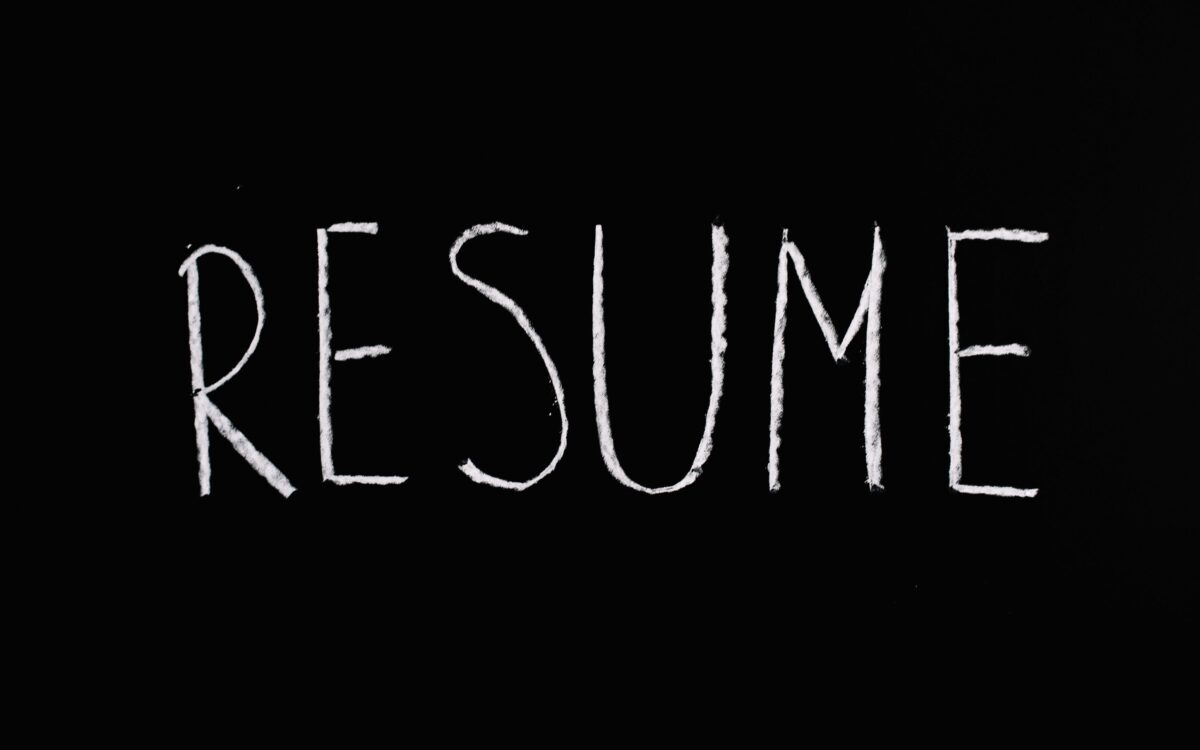RESUME VS CV
Clarifying Resumes vs. CVs: Which One Do You Need?
OR Unveiling the Distinctions: Resume vs. CV
In the world of job hunting, the terms “resume” and “CV” are often tossed around, sometimes interchangeably, creating confusion for job seekers. At Rosette Jobs, we understand the importance of clarity in the application process. To help you navigate the professional landscape more effectively, we’re here to simplify the differences between these two vital documents. Understanding when to use a resume and when a CV is more appropriate can significantly impact your job search.
The Resume: A Snapshot of Your Professional Journey
A resume is your calling card in the professional world. It’s a concise summary of your career highlights and achievements. Typically, a resume is a one-to-two-page document that provides a snapshot of your qualifications, work experience, skills, and education. It’s tailored to the specific job you’re applying for and is focused on relevance and brevity.
Resumes are well-suited for industries and roles where concise and targeted information is essential. They’re the preferred document in the United States, Canada, and various other countries. When you apply for a job, a resume is often the document of choice because it allows you to showcase your qualifications that directly align with the job requirements.
The CV (Curriculum Vitae): A Comprehensive Career Chronicle
A CV, on the other hand, is a more extensive document that provides a comprehensive overview of your professional journey. CVs are the standard in many parts of the world, including Europe, Asia, and Africa. They tend to be longer, often extending to multiple pages, and include detailed information about your work experience, education, research, publications, presentations, and more.
CVs are commonly used in academic, scientific, and medical fields, where an exhaustive record of achievements is valued. They allow you to present a holistic view of your career, including research projects, publications, conferences attended, and teaching experience. If you’re applying for a position that requires a thorough exploration of your qualifications, such as a senior executive role or a research-focused position, a CV may be the document of choice.
When to Use Each: Resume vs. CV
The decision to use a resume or a CV hinges on the job you’re applying for and the established norms in your region. Here’s a general guideline to help you decide:
Opt for a resume when:
- Applying for entry to mid-level roles, a resume can effectively highlight your qualifications and experience without overwhelming the reader.
- Seeking roles in business, marketing, IT, or any industry that values brevity and relevance.
- You want to provide a concise overview of your qualifications and work history, perfect for quick, initial assessments by employers.
- Tailoring your application to a specific job role, showcasing your relevant skills and experiences.
Opt for a CV when:
- Applying for academic positions, such as professorships, research roles, or academic administration.
- Pursuing academic, scientific, medical, or research-oriented roles.
- Your work history is extensive, and you want to provide a detailed account of your career, a CV is the go-to document.
- Highlighting your extensive qualifications, publications, and research in detail for opportunities.
Understanding the distinctions between a resume and a CV is essential in ensuring that your application materials are appropriate for your target job and location. When applying for positions, make sure to review the job posting to determine which document is expected. Tailoring your application materials to meet these expectations can significantly enhance your chances of success in the job market. So, whether you’re submitting a resume or a CV, Rosette Jobs is here to support your career aspirations and connect you with the best opportunities in your field.

Comments are closed